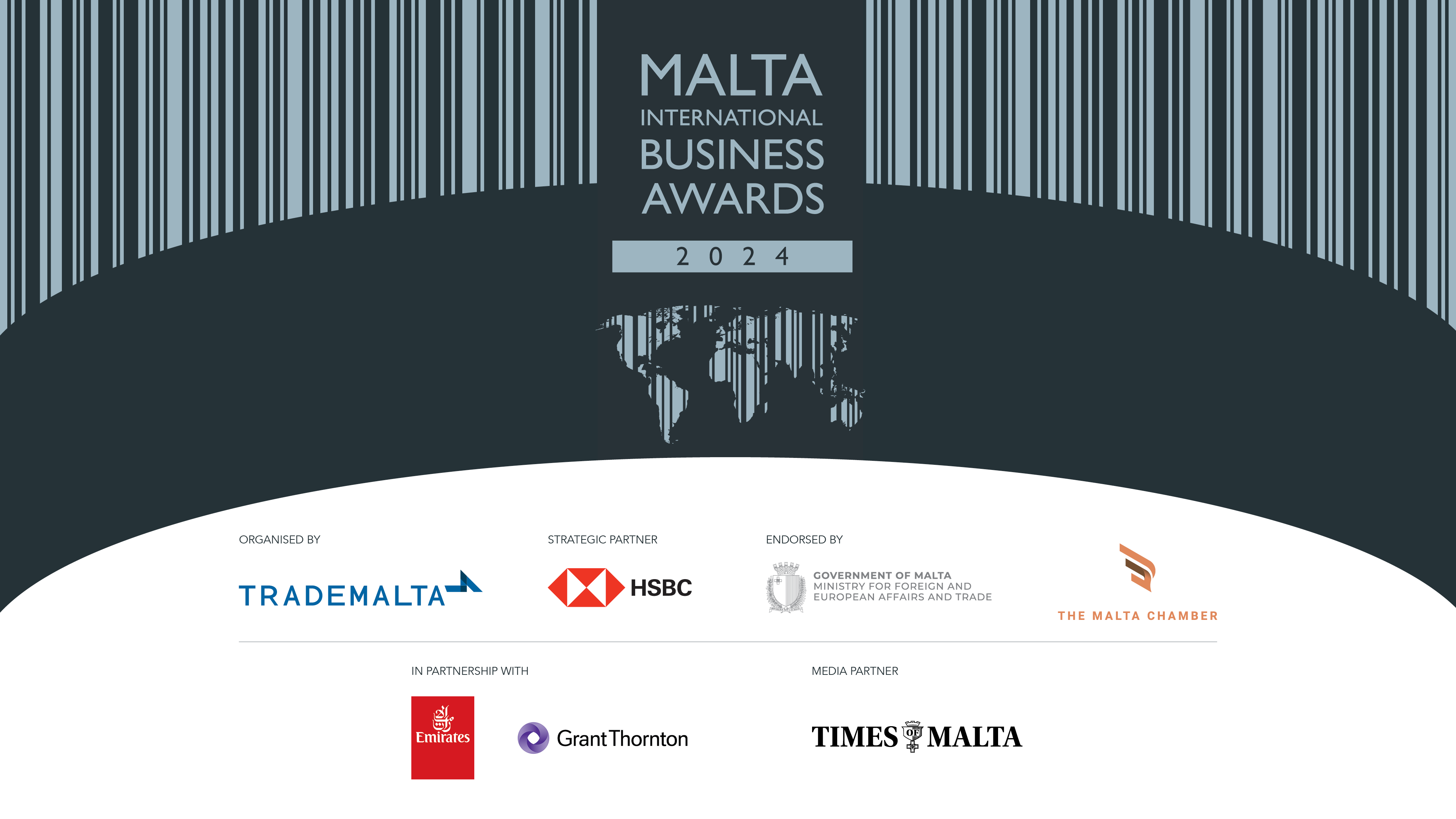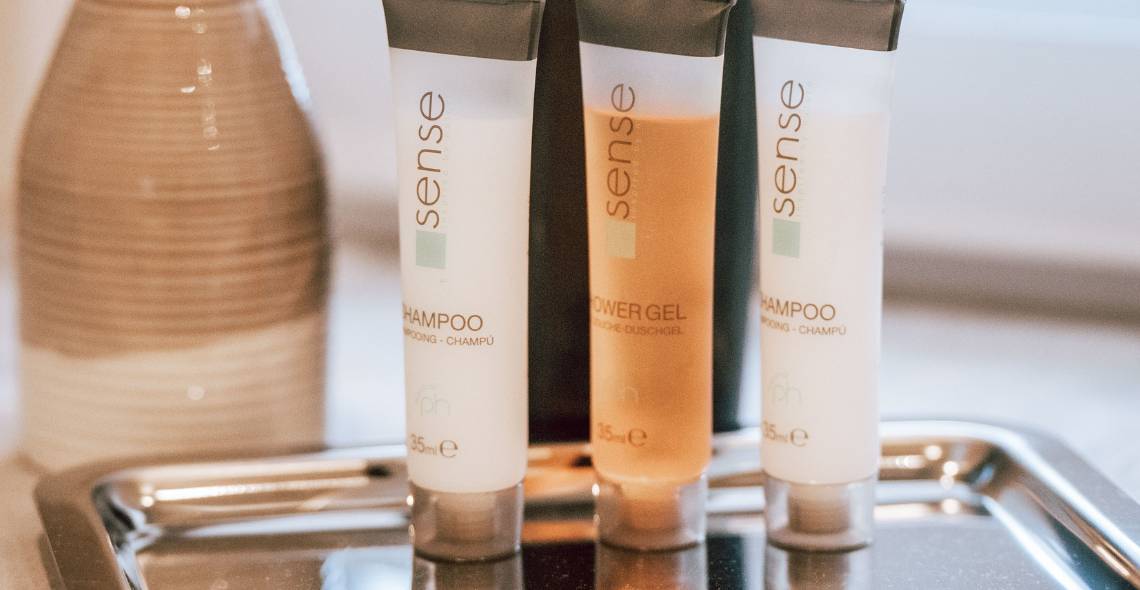

Commission Proposes New Rules for Packaging Reuse and Recycling
The European Commission has issued a proposal to review the current Packaging and Packaging Waste Directive (PPWD). The objective of this review shall be to further improve packaging design to enable cost-effective recycling, and to reduce packaging waste. This shall include replacing the current Directive with a Regulation, which promises to level the playing-field within the single market.
The current Directive has attempted to harmonise national rules on packaging design and management, reduce the generation of packaging waste, and promote the reuse, recycling and recovery of waste instead of disposal. Despite these measures, packaging waste has been on the rise in the EU. The current legislation has also failed to account for the costs involved in waste processing (e.g. collection and sorting), leading to unrecycled waste dumped in landfills or incinerated.
The proposed review will aim to bring legislation in line with the objectives set out in EU strategies such as the European Green Deal and the Circular Economy Action Plan. Among several high-level targets, the EU is aiming to have all packaging placed on the EU market reusable or recyclable (in an economically viable way) by 2030. A key measure in the revision is to significantly increase mandatory packaging reuse and refill rates by 2030 and 2040. This would cover a wide range of products from food and beverages to also large appliances. The proposed targets include, for instance, a 20% refill target for cold and hot beverages in 2030, rising to 80% in 2040.
Such measures collectively aim to achieve a 15% reduction in packaging waste across the EU by 2040. The Malta Business Bureau supports this high-level objective, viewing it as a key component of the overall drive towards a more sustainable EU economy. Waste represents not only a loss of resources, but also leads to environmental degradation, processing costs, and spatial challenges, especially given Malta’s extremely limited land available for such activities. It is consequently in the interest of all actors, including businesses, to introduce measures which minimise waste where possible.
Notwithstanding the importance of waste reduction, some measures included within today’s Commission proposal raise concerns over their practicality and may be excessive when compared to what they are trying to achieve. For instance, the high packaging reuse targets risk downplaying the important role of recycling, and side-lines significant efforts placed by packaging manufacturers and retailers to increase the recyclability of their packaging, as well as the funds already invested to this end.
The proposal is also introducing obligations targeting packaging manufacturers whereby, before placing their products on the EU market, they will need to ensure that their packaging complies with several sustainability criteria, depending on the type of packaging in question. The criteria range from the percentage of recycled content of plastic, whether the packaging is considered recyclable and compostable, as well as the size of the packaging vis-à-vis the item it is holding. The latter is aiming to reduce empty space in packaging, banning practices such as double walls and false bottoms.
Finally, the Commission is proposing a substantial ban on several single-use packaging regularly distributed in hotels and restaurants. The list includes, but is not limited to, single-use packaging for condiments, milks, and sugars; single-use miniature packaging for toiletries and cosmetics; and disposable trays and plates used at the premises. Businesses will consequently have to move towards reusable alternatives to offer these products.
In reaction to the proposal, MBB President Alison Mizzi commented that, “aside from the merits of the proposed targets, which we will analyse further over the coming weeks together with Maltese businesses, there needs to be adequate recognition of the challenges businesses will face in adapting to these new requirements. The proposal is very much expected to lead to a substantial change in the way businesses serve customers, particularly in the Horeca sector. Transitional periods and sufficient flexibility will be needed to account for the high adaptation and set up costs which businesses may face. SMEs will be especially susceptible to these challenges, and they would thus benefit from having suitable financial and regulatory incentives to ease the transition.”
The MBB shall be following this file closely in the following weeks, preparing a deeper analysis of the proposed measures, and putting forward the arguments and concerns of Maltese businesses.
...
...


...

...
